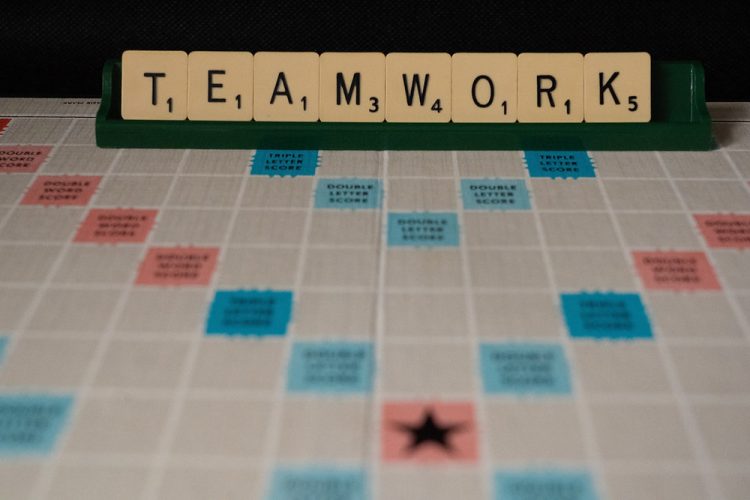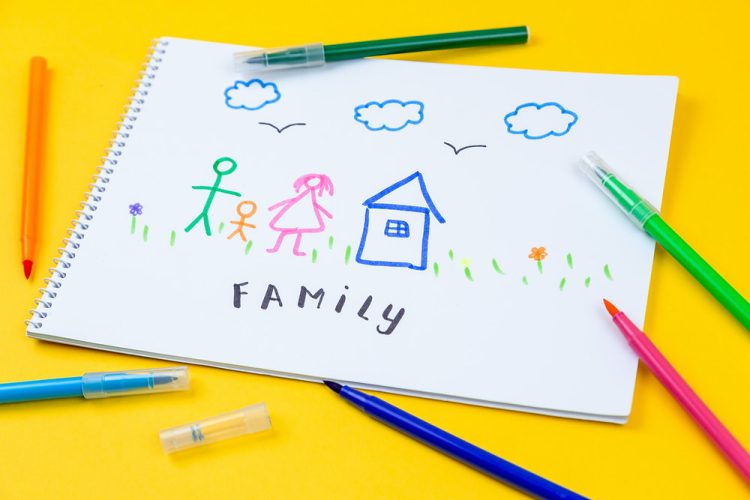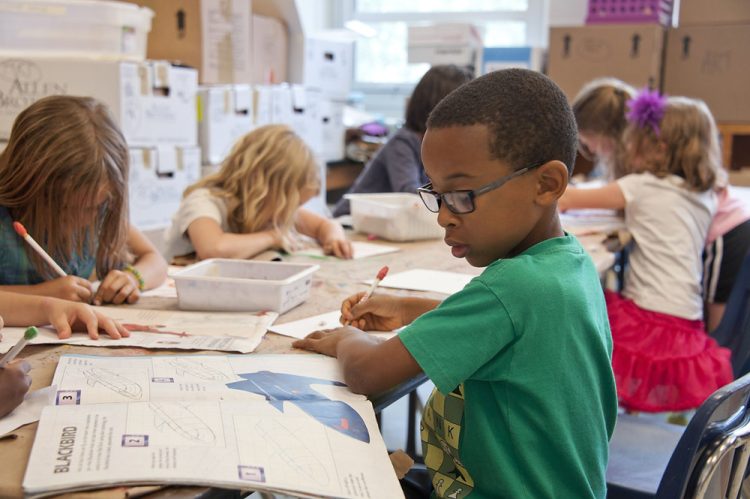In the age of the internet, a lot of us have developed messy handwriting. When our fingers get used to typing on computers, we can find qwerty on a keyboard a lot easier than we can remember how to make a cursive r. You may notice your child has messy handwriting that’s difficult to decipher. As they grow, their writing skills seem to lag behind their same-aged peers. Sometimes, they even reverse letters, or leave out words when writing sentences. “What gives?!” you’re starting to wonder. You t
read more
As an educator, you’ve already got a LOT on your plate. Interfacing with students and parents, creating and providing high-quality, engaging curriculum, keeping up with endless paperwork and emails, not to mention your own continuing education…it’s a wonder you have any time left over! Burnout is real. And research shows it impacts those in helping professions more than anyone. Yet educators like you are also on the front lines of identifying children with learning issues—you may even pick up
read more
Articulation is one of the easiest things to practice outside of the four walls of speech therapy. If you have a child in speech therapy for articulation, practice is essential for generalization. There are many fun, easy ways to practice articulation at home. Here are a few: 1. At the grocery store, have your child identify and say different items that have his/her speech sounds in their names.2. Read books aloud together. Remind your child to pay special attention to the sounds he/she is w
read more
The past few years I’ve noticed people are creating “Fall Bucket Lists.” These usually include fun outings like apple picking, carving pumpkins, and going to a football game. These special seasonal activities can also be a wonderful time to work on some speech and language with your child!1. Nature Walk and Painting: Take a walk outside and look at the beautiful changing leaves. Describe everything you see using vivid language (orange, red, yellow, autumn, harvest, chilly, rake, wheat, scare
read more
Language adds color and shape to our lives—it’s a major part of how we interact with the world.
In this blog post, we’re going to be exploring the how component of our language skills—as in: how we use language as a tool to connect and interact in our daily lives. We’re going to take a look at the rules and uses of language for social purposes. Our social language abilities are known as our pragmatic language skills.
read more
If your child is working with a speech and language therapist, it may also be your very first experience with this type of educational intervention. As a parent of a child receiving therapy services for their speech, language, or overall communication skills in school, you may feel like a fish out of water—unsure how to help and support them in reaching their goals. If you’re experiencing these feelings of uncertainty—you’re not alone.
read more
One of my friends used to like to say—”Normal is just a setting on your dryer.” While this expression was intended for humor, it also contained an important message about our relationship to normality. Namely that, in the real world—there is no such thing. As a concept, normal conjures up a rigid, strict set of parameters. It’s a small box to fit in. And, here’s the thing—people weren’t made to be shoved into boxes. Humanity is messy. And, our differences are what make us special and unique.
read more
If you stay in the loop on our blog posts (and we certainly hope you do!), then you may already have an understanding of what executive functioning skills are and why they matter. If you need a refresher on executive functioning skills, hop on over to this helpful post, where we take a deep dive into all things executive functioning. In a nutshell, our executive function skills are the building blocks of our ability to plan, coordinate, organize, and take the necessary steps to achieve our goal
read more
If you follow along with our Loop blog, (and, if not—what are you waiting for?!) you’ve heard us say this before. But, it’s an issue in the therapy world that bears repeating— Occupational therapy is an odd title that tends to create more confusion than clarity about what occupational therapists actually DO.
read more
Our ability to express ourselves in writing is one of the most valuable skills we possess as humans. It’s how we catalog and pass down our history; share our unique take on the human experience in songs, poems, and scripts; and a major way we communicate with others. When your child learns to read and write, it can be a time full of joy and discovery. But, it can also be marked with frustration and concern. What if your child struggles with mastering these crucial life skills? How will it impact
read more












